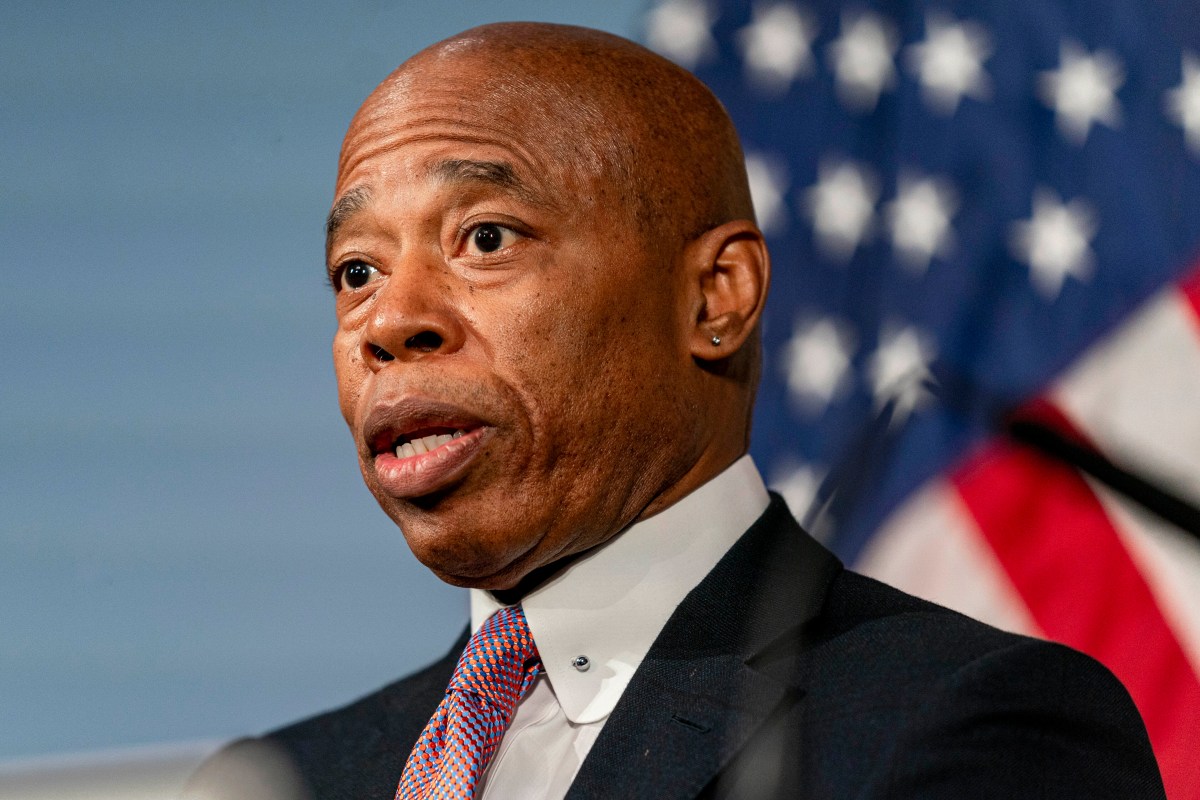New York may be the financial capital of the world, but our state also relies heavily on the tourism industry. If we are to continue supporting our tourism industry, we have to incentivize travelers to visit our state — 35% of Americans have credit cards that earn travel rewards, and many use them to visit New York. According to a Forbes Advisor survey, 25% of Americans who plan to travel in 2022 plan to pay for their entire trip with rewards points from credit cards or earned miles.
New York’s leaders in Congress and across the state must recognize tourism’s role in our economy and support this booming industry. Unfortunately, some are considering proposals that would hurt rewards programs and get rid of major incentives to visit New York. I speak for everyone earning their living in New York’s tourism industry when I say this would be a devastating move.
This new proposal is one to expand the 2010 Durbin Amendment, which was a last minute addition to Dodd-Frank that set federal price caps on debit interchange fees, the fees that merchants pay in order to process debit cards, and mandated routing requirements for banks. The new routing mandates forced banks offering debit cards to add extra, unaffiliated payment networks to their cards, instead of just the networks they trust to process sensitive data. This then forced payment networks to lower their interchange fee rates to stay competitive with the influx of cheaper, often less secure, networks. As a result, billions of dollars were taken away from the electronic payment system and away from consumers and local banks.
The Durbin Amendment was supposed to make it cheaper for stores to process debit card transactions, so they could pass these savings onto consumers by lowering prices. But this hasn’t happened.
Big retailers like Amazon and Walmart did make more than $90 billion in extra revenue, but consumers haven’t seen any savings themselves. The Federal Reserve Bank of Richmond looked into the aftermath of the amendment and found that more than 98% of retailers raised prices or kept them the same after the Durbin Amendment. Compounding the problem, because banks lost billions, they reduced the availability of free checking and raised account fees for consumers to make up for it. At the end of the day, retailers profited, and banks turned over their losses to everyday Americans.
Congress recently held a hearing on expanding the Durbin Amendment routing mandate to credit cards, which unsurprisingly, big retailers are heavily in favor of. If this proposal passes, we can again expect to see banks start raising fees and slashing rewards like mileage programs and hotel points. We’ve even seen this before — in 2016, Australia’s Federal Reserve Bank implemented similar Durbin Amendment policies (a cap on credit card interchange fees). As a result, virtually all free credit cards in Australia disappeared and consumers saw higher fees and less valuable rewards programs. The value of rewards programs fell by almost 25% across the country.
Although Sen. Durbin is only proposing routing mandates for now, we know that interchange fee caps and routing mandates have the same result. Billions are taken from the electronic payment system on which customers depend for fraud protection, travel rewards programs and accessible credit. Big box stores reap the benefits, and consumers take on the costs.
Our tourism industry lost billions as a result of the COVID pandemic, and it cannot afford to take another hit from the loss of traveler incentives. New York’s local banks also need support, not new, burdensome routing mandates. While Congress considers the Durbin Amendment, they must recognize how harmful this policy would be to New York’s local banks and its tourism industry.
Christine Culpepper-Ruiz is the state committeewoman for the 80th Assembly District.
























